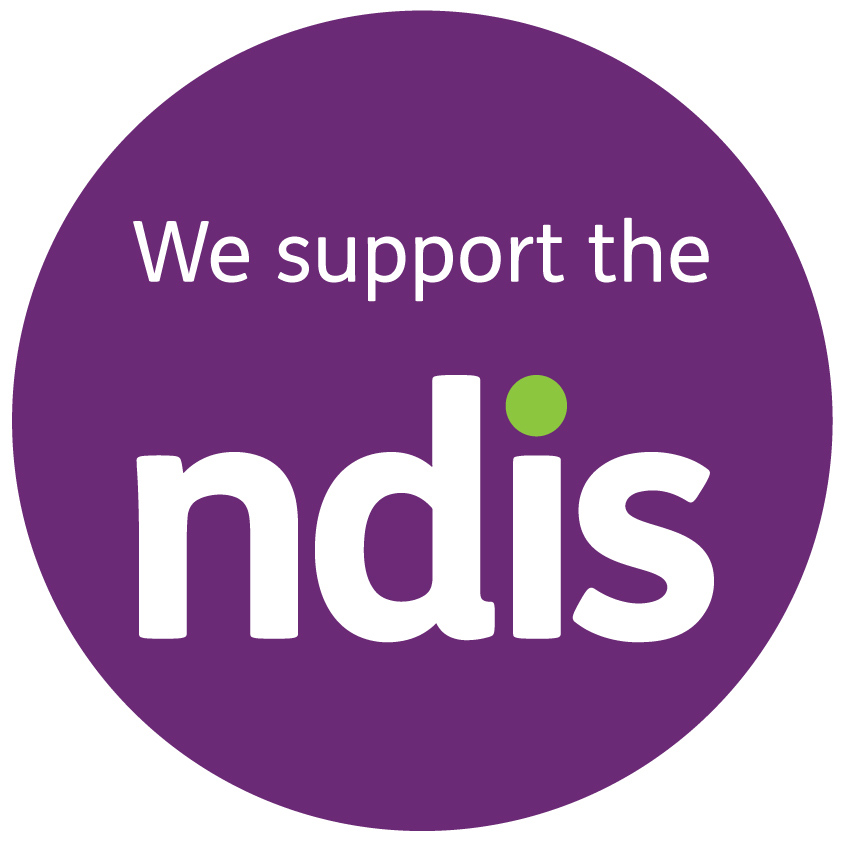The National Disability Insurance Scheme (NDIS) aims to give people living with a disability the funding and supports they need to live their best life. But navigating your way around the NDIS is no easy task! Which is why Aspect has engaged three new full-time Support Coordinators to help: Maria Brown, Rathna Manikam and Alex Nunn.
These new roles are there to help our participants understand their NDIS Plan and budget, and help them to build the skills they need to manage their own plans into the future.
“Support coordinators fall under the Capacity Building category in the NDIS and come in two kinds – basic support coordination and specialist support coordination,” Maria Brown said.
“The difference between the two is that the specialist support coordination is for people with more complex needs, who need specialist support. For example, individuals who have not been able to sustain supported independent living due to behaviours of concern.
“But essentially support coordinators are there to help individuals develop the skills they need to manage their own plans, build important relationships and assist with referrals to other providers, such as therapy, positive behaviour support, employment or adult programs of support, housing options, and more - all with an autism-specific understanding and relevant supports available.
“Every participant we see is unique with their own set of unique challenges, goals and aspires. I think that is what I like more about the work – no day is ever the same.”
Maria’s top tips for navigating the NDIS:
1. Find out if you are eligible.
Eligible participants need to meet certain criteria before they can apply for the NDIS, including:
- You must be 65 years of age or younger
- You must be an Australian Resident
- You must have a permanent disability or require early intervention supports
Find out more about your eligibility by visiting NDIS Eligibility Checklist.
2. If you are eligible, find out more about the NDIS Participant Service Charter, to better understand what to expect when you deal with the NDIS
3. Be prepared for your initial NDIS meeting
Make a checklist of what you may need to take with you to your first NDIS meeting. This should include:
- Information about your/your child’s individual needs
- Information about your/your child’s current living arrangements
- Diagnosis reports and assessments
- Questions you may want to ask
4. Take a trusted friend, parent or partner with you to the NDIS meeting for support
If you think you may need help with interpreting or advocating for your needs, don’t be shy to take a friend/partner/parent with you for additional support.
5. Be clear about your needs
When thinking about what support you need try thinking about what you can’t do but would like to? Or make a list of where you need to go each week, how you get there, and the support you need in order to get ready to go and when you arrive at the destination. And plan for worst case scenario, not just when everything is running smoothly.
The NDIS asks participants to show that the support they need is both reasonable and necessary. An explanation of these terms is listed below, but it is worthwhile being clear with yourself around what a reasonable and necessary support looks like for you. The NDIS says that supports need to be related to your disability, provide value for money, be effective and beneficial.
6. Understand what your NDIS entitlements/plan
NDIS Support Coordination is funded through your NDIS Plan and can assist you with understanding and implementing supports to assist you to with;
- Understanding your NDIS plan and budget
- How to best manage your plan
- Provide links to other NDIS supported services
- Help you to review your current plan; and
- Provide advice and assistance if your circumstances change
7. Work with a Support Coordinator to prepare for your annual plan review
Every 12 months the NDIS reviews your plan to see if it is still meeting your needs. The is an opportunity to make important changes to your plan if there have been changes in your life, or if there is something you are not happy with.
- Understand key words used regularly by the NDIS and what they mean for you
- Permanent and significant disability - A permanent and significant disability means a disability is likely to be lifelong and has a substantial impact on a person’s ability to complete everyday activities.
- Supports and services - Assistance or products that help a person to complete everyday tasks, to work or participate in the community, and reach their goals.
- Early intervention - Providing support to a person, either a child or an adult, as early as possible to reduce the impacts of the disability or developmental delay and build skills and independence
- Reasonable and necessary - ‘Reasonable’ means something fair and ‘necessary’ means something a person needs. The NDIS funds supports and services that relate to a person’s disability to help them pursue their goals and meet their needs.
- NDIS participant - People who apply and meet the access criteria for the NDIS are called participants.
- Early Childhood partners - Teams of allied health professionals and early childhood educators who are contracted to deliver the early childhood approach
- Local Area Coordinators (LAC) - People who help others understand and access the NDIS. They also work with NDIS participants to develop and use their NDIS plan
- Support Coordinators - A person who helps a participant to understand and use NDIS funded supports in their plan to work towards reaching their goals. They also help to build skills so the participant can use their plan more independently and connect with community supports and services. If a participant lives in an area where there are no LACs, or they have complex needs, their NDIS plan may include funding for a Support Coordinator
8. Call for more information
And finally, if you are not sure about anything that you are hearing or reading call the NDIS for more information on 1800 800 110 or talk to your Support Coordinator.


